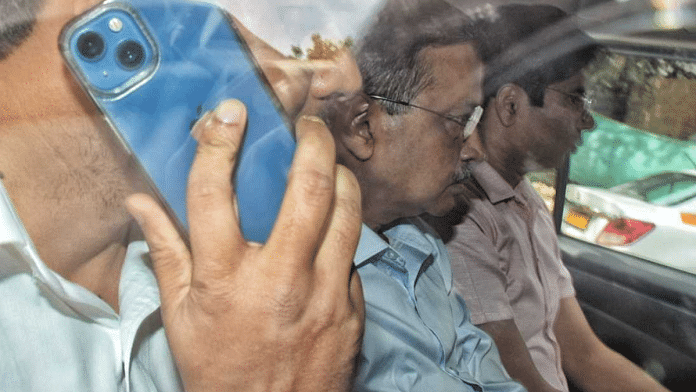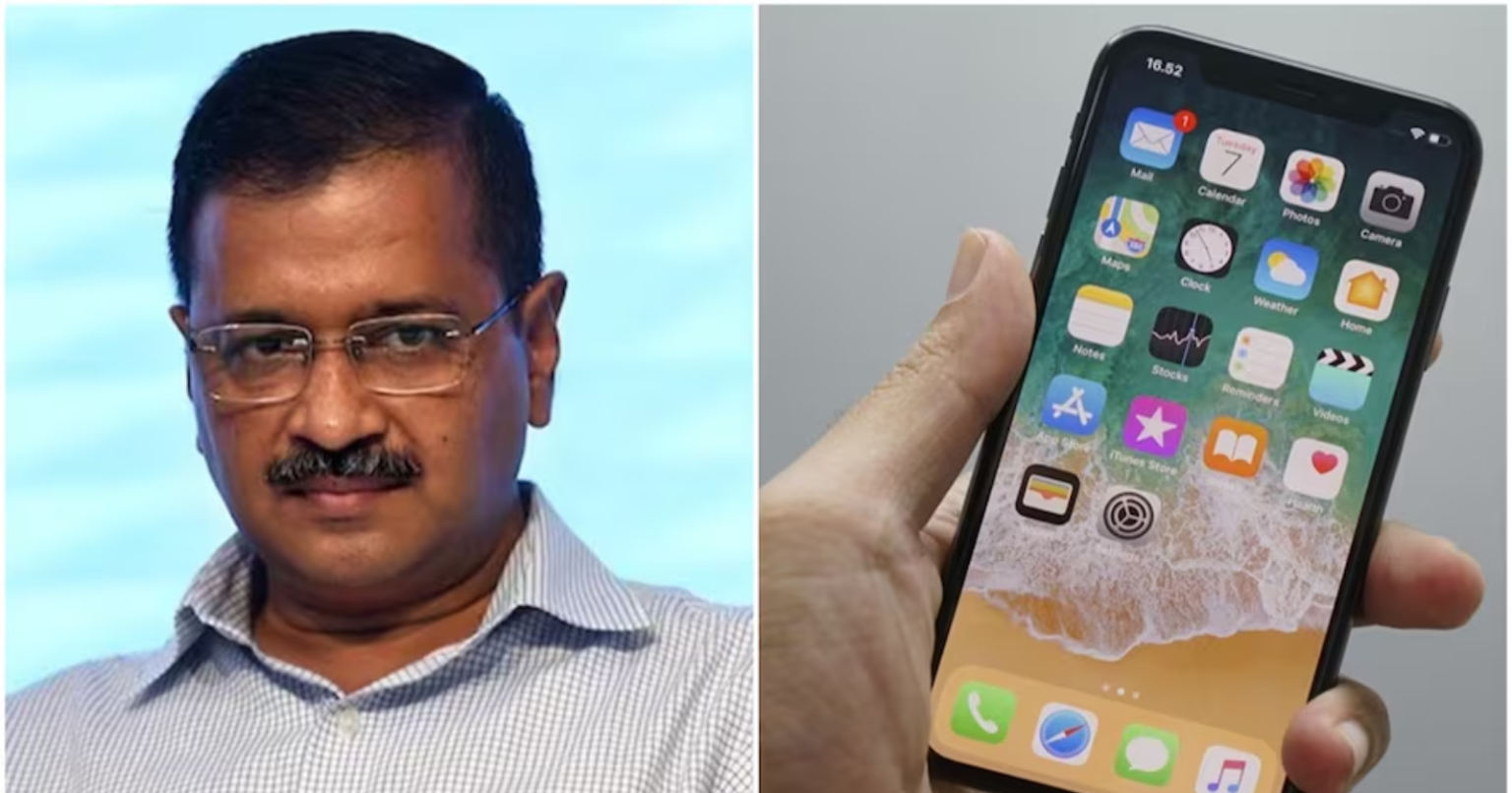ED reached out to Apple to unlock Delhi Chief Minister Arvind Kejriwal’s iPhone, but the tech giant has refused, stating that the device’s contents can only be accessed through the user’s password. This development arises amid investigations concerning the Chief Minister, as reported by The Indian Express, based on insider sources.

The refusal from Apple surfaced following a search by the Enforcement Directorate (ED) at Kejriwal’s residence on March 21, coinciding with his apprehension. The search resulted in the confiscation of Rs 70,000 in cash and four mobile phones, one of which is purportedly Kejriwal’s personal iPhone.
“There was no written communication but Apple was asked to help with opening Kejriwal’s phone as it is required to assist in the investigation, but the request was denied,” said the sources.
This is not the first time that Apple denied access to the agency.
Reports indicate that Kejriwal, who had powered off his phone, declined to furnish the ED with his password, citing apprehensions regarding the potential exposure of sensitive information pertaining to his political party’s strategies and pre-election alliances.
Reports claim that Apple has turned down India’s Enforcement Directorate Request To Unlock Arvind Kejriwal's iPhonehttps://t.co/03J0vvr71H… pic.twitter.com/R9fPYh9Fft
— Megh Updates 🚨™ (@MeghUpdates) April 2, 2024
This marks another instance where Apple has declined to unlock iPhones for law enforcement agencies. Back in 2020, the company refused to unlock the iPhone belonging to Mohammed Saeed Alshamrani, a second lieutenant with the Saudi Air Force, after he fatally shot three Americans at the Pensacola Naval Air Station. Subsequently, the Federal Bureau of Investigation (FBI) requested Apple to unlock the device for ongoing investigations, yet the tech company persisted in its refusal.
Similarly, in 2016, a US federal judge asked Apple to help the FBI in unlocking iPhones of two suspected terrorists, Syed Rizwan Farook and Tashfeen Malik, associated with the 2015 San Bernardino attack. The judge had asked the company Apple to provide “reasonable technical assistance” to the FBI. However, Apple, in this instance too, declined to help the FBI.
The matter of Kejriwal’s apprehension and subsequent legal battles has reached the Delhi High Court, which, as of Wednesday, has deferred its decision on a petition contesting the Chief Minister’s arrest. Kejriwal is facing allegations related to money laundering linked to the now-defunct controversial Delhi Liquor Policy case.

The court has heard arguments from both sides, with the proceedings characterized by intense exchanges between Senior Advocate Abhishek Manu Singhvi, representing Kejriwal, and Additional Solicitor General (ASG) SV Raju, representing the ED. Disagreements arose over the adequacy of documentation provided for the defence’s case, leading to accusations of stalling tactics. Particularly notable was the ED’s comparison of Kejriwal’s situation to hypothetical scenarios involving terrorists, a line of argument criticized by Singhvi for its absurdity.
The legal standoff has brought into focus broader questions concerning privacy, legal rights, and the scope of law enforcement powers, particularly in high-profile cases involving political figures. The court’s impending decision is eagerly anticipated, carrying implications for both legal precedents and the political landscape in India.
